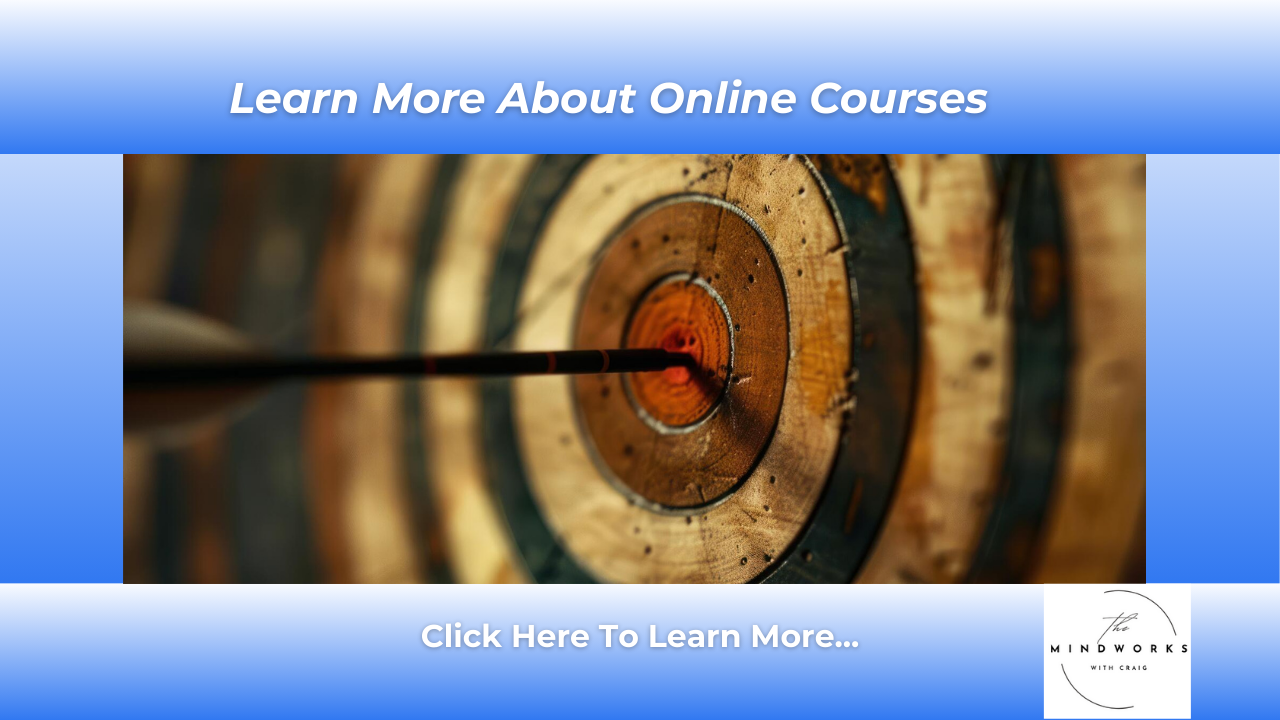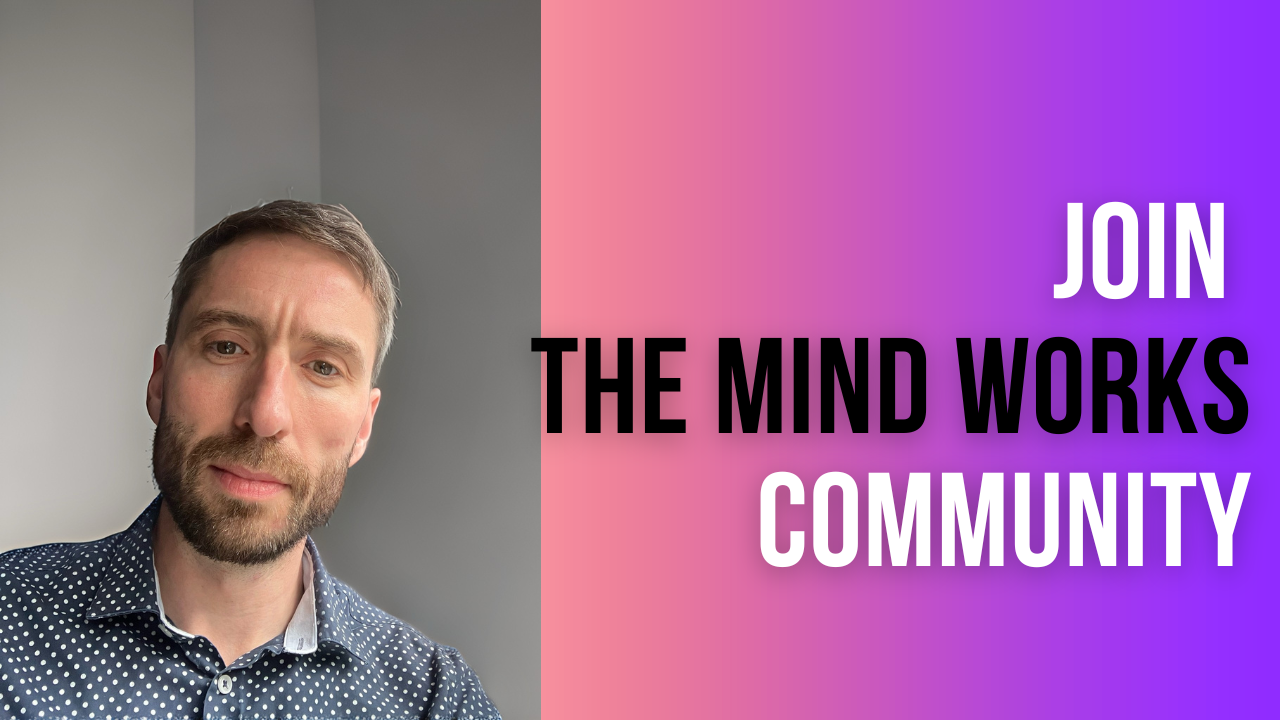Low Motivation: When You Want to Care… But You Just Don’t
You’re not lazy. You’re not unambitious. You’re disconnected.
At The Mind Works with Craig, we understand that low motivation isn’t a character flaw. It’s a signal—a message from your nervous system and emotional state that something deeper is going on.
If you’re tired of wondering:
- “Why can’t I get going?”
- “Why don’t I care anymore?”
- “Why does everything feel like a chore?”
You’re in the right place.
This isn’t about forcing motivation. It’s about understanding what your system needs to move again.
Why Low Motivation Happens: It’s Not About Willpower
In the Mind Works model, low motivation happens when Direction, Rhythm, and Fuel (DRF) fall out of alignment:
- Direction Collapse (Thinking Breakdown): You can’t see a clear next step. Everything feels vague, pointless, or overwhelming.
- Rhythm Collapse (Meaning Breakdown): Your internal energy cycles are off. You’re either too tired, too flat, or too overloaded to engage.
- Fuel Collapse (Feeling Breakdown): Your nervous system doesn’t have the biological resources (sleep, nutrients, emotional bandwidth) to support action.
You’re not failing at life.
You’re operating with a system that’s under-recovered and overloaded.
Tower Block and Motivation: Understanding Your Current Level
In the Tower Block model, low motivation often reflects lower levels of energy and psychological readiness:
- Levels 1–3 (Comfort and Survival Gears): You’re focused on getting through the day, not making big changes.
- Basement / Dungeon: Emotional exhaustion, helplessness, or systemic overwhelm take over.
- Void: You feel nothing at all. Not even frustration—just emptiness.
The lower your level, the less available motivation feels.
And that’s not something you can fix with a to-do list.
The Gears of Motivation: Why Your Drive Feels Stuck
Motivation isn’t a single setting.
It’s gear-based, shifting with your Tower Block position:
- Gear 1: Survival. Your body is focused on meeting basic needs.
- Gear 2: Comfort and relief. The drive is to avoid discomfort—not pursue progress.
- Gear 3: Growth and direction. Long-term focus and energy become available—but only when the system has climbed high enough.
If you’re stuck in Gear 1 or 2, pushing for Gear 3 action will backfire.
That’s why traditional motivation strategies often fail people in low states.
Parts of Self Conflict: The Inner Argument You’re Having
Low motivation is often driven by Parts of Self conflict:
- Your Ideal/Future Self is shouting: “Do more! Why aren’t you acting?”
- Your Protective Self is pulling you back: “It’s not safe. We don’t have the energy. Let’s shut this down.”
- Your Actual/Current Self feels caught in the middle—confused, overwhelmed, and exhausted.
Until these parts are heard and balanced, no motivational quote will move you.
Why More Pressure Makes It Worse
Forcing motivation when you’re not ready often leads to:
- Further shutdown
- Emotional withdrawal
- Resentment towards yourself
- Shame spirals and identity collapse (“Maybe I’m just lazy…”)
This creates what we call the Motivation Collapse Loop:
Low energy → External pressure → Internal resistance → Emotional shutdown → Even lower motivation.
How The Mind Works Can Help
We don’t tell you to “just push through.”
We help you rebuild capacity—step by step.
With our system, you’ll learn to:
- Stabilise your nervous system first: Using HRV tracking, Tower Block awareness, and somatic tools like breathwork.
- Reconnect with your natural rhythm: Through SSRG nutrition, sleep support, and pacing strategies.
- Resolve internal Parts of Self conflict: So your Protective and Ideal Selves stop fighting and start working together.
- Shift gears safely: Moving from survival, to comfort, to growth—without skipping steps or burning out again.
- Address the real cause: Whether it’s nervous system depletion, role pressure, trauma history, or unresolved emotional load.
We meet you where you are. Not where you think you should be.
Next Step: Let’s Rebuild From Here
If you’re stuck in low motivation, avoidance, and emotional exhaustion, this is your permission to stop blaming yourself.
👉 Join the Online Course
👉 Book a 1:1 Call
This isn’t about hustle.
It’s about rhythm, reconnection, and giving your system the support it needs to want to move again.
Ways to Work With Me
There’s no single right way to begin. Some people want immediate relief. Others want deeper personal work. Some prefer to learn at their own pace.
The options below are designed to meet you where you are now not where you think you should be.
If you’re unsure which path is right for you, starting with a Reset Session is usually the simplest option.

🔄 Reset Sessions
If you feel stuck, overwhelmed, or at a crossroads, a Reset Session offers a focused pause and a way forward.
In 90 minutes, we work to settle your system, make sense of what’s happening, and create a clear, practical next step.
This is often the best place to start if things feel urgent or tangled.

🧩 1:1 Hypnotherapy
For deeper, ongoing therapeutic work.
These sessions help you explore patterns, beliefs and emotional responses, using hypnotherapy and psychological tools to support lasting change.
This is a good fit if you want space to work through things gradually and properly.

📚 Online Courses
If you prefer to work independently, the courses offer structured, self-paced learning using the same frameworks I teach in sessions.
You’ll gain understanding, tools and clarity, with the flexibility to move at your own speed.


